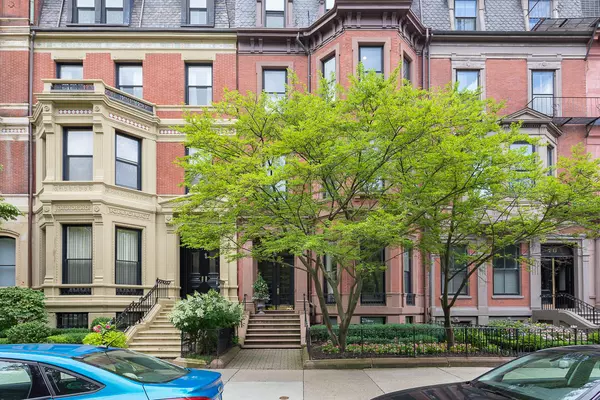Scott Paskerian
scott.paskerian@evrealestate.com
(617) 678-8603
As an Engel & Völkers Advisor servicing the Boston real estate market, I am dedicated to helping buyers and sellers successfully achieve their real estate goals. My core values of honesty, ethics, understanding, communication, and commitment drive my success as a real estate agent. Utilizing the latest technology and the brand’s global reach, along with my local market knowledge and quality resources, I strive to provide the best possible service to all of my clients. With detailed attention to each individual's situation, I will ensure a positive and successful transaction for everyone involved. Whether you are buying or selling, I am committed to giving a high level of care and support in order to help you achieve your goals.
Featured Listings
- 1/3 3Active
$ 47,500
0.23 Acres - 1/3 3Active
$ 56,500
0.23 Acres - 3DOpen Sat 11AM-12:30PM
$ 840,000
1 Bed1 Bath716 SqFt - 1/23 23Open Sat 11:30AM-1PM
$ 1,995,000
2 Beds2 Baths1,668 SqFt - 1/32 32Open Sat 11:30AM-1PM
$ 1,075,000
2 Beds2 Baths1,130 SqFt - 1/19 19Open Sat 12PM-1PM
$ 895,000
2 Beds2 Baths1,148 SqFt
Buyer Resources
Learn about the nuances of buying progres- from deciding the right type of property to evaluating the benefits of home equity, home financing options and procedures.
Seller Services
Whether it's your first time selling a house or this is another move within your property journey, find expert tips and insights to preparing, staging and selling your home.
Market Trends
Market Trends are calculated using MLS® sold listing data
Blog

Scott Paskerian
Robb Cohen Team | Engel & Völkers
Whether you're looking to buy or sell your home, we're here to guide you toward meeting your estate needs. Got in touch to work with us.










